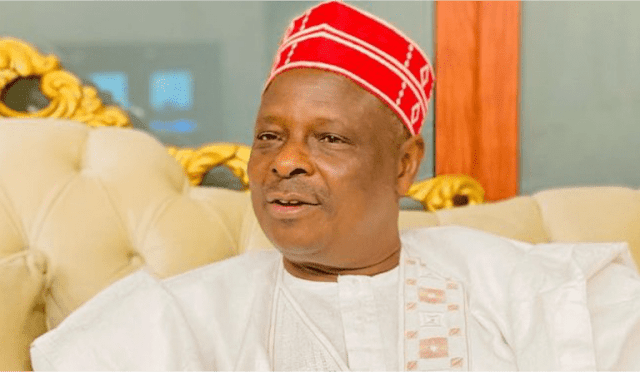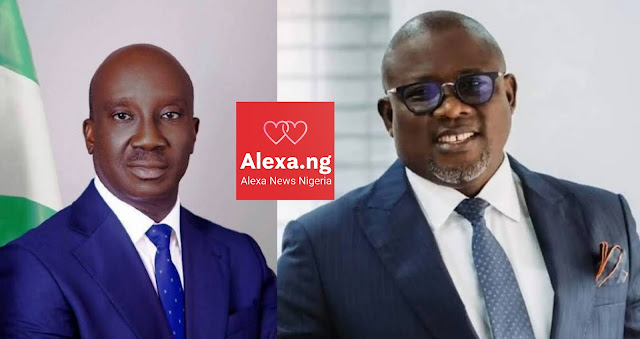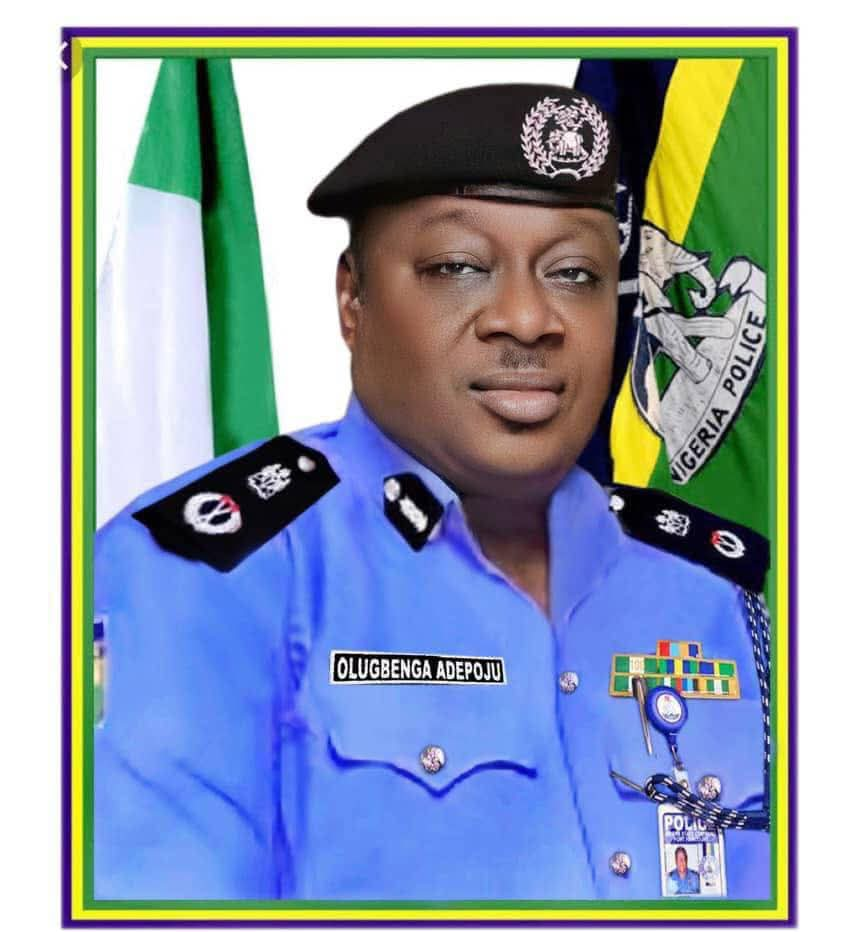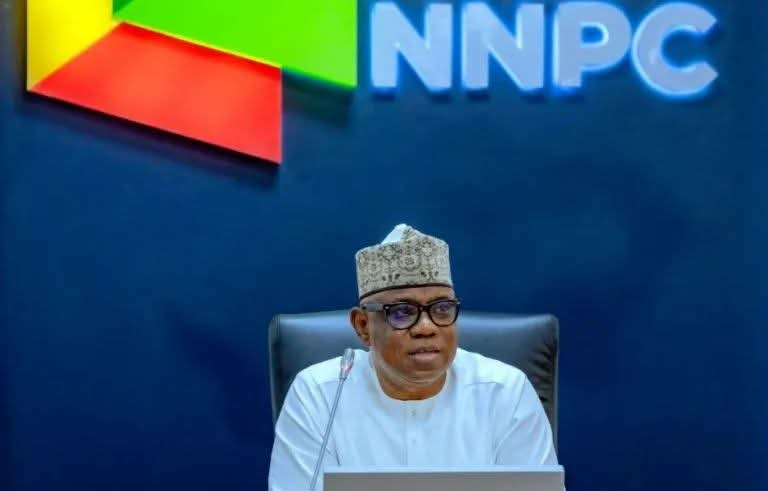In a decisive and unequivocal address, Senator Rabiu Musa Kwankwaso, the former Governor of Kano State and the 2023 presidential candidate of the New Nigeria Peoples Party (NNPP), has put to rest widespread speculation regarding his political future. Speaking at the party’s 9th National Executive Committee (NEC) meeting held in Abuja, Kwankwaso categorically dismissed rumors suggesting he was planning to abandon the NNPP in favor of another political platform ahead of the 2027 general elections. His remarks underscored his unwavering loyalty to the NNPP, while also highlighting the party’s openness to strategic discussions with other political stakeholders, setting the tone for a robust campaign in the coming years.
The NEC meeting, a pivotal gathering for the NNPP, served as a platform for Kwankwaso to address the growing narrative that he might defect to another party or align with specific political figures. Such rumors had gained traction in political circles, fueled by the dynamic and often unpredictable nature of Nigerian politics, where high-profile defections are not uncommon. However, Kwankwaso was quick to clarify that these speculations were baseless and misleading, aimed at creating confusion among his supporters and the broader electorate.
“Many people thought today we would announce whether I will remain in the NNPP or move to another party or align with certain individuals. That was never the purpose of this meeting,” Kwankwaso stated firmly, addressing a room filled with party loyalists, stakeholders, and media representatives. “We have our party, and we are both comfortable and content with it.” His words were met with applause, signaling strong support from within the party and reinforcing his position as a central figure in the NNPP’s political strategy.
A Steadfast Commitment to the NNPP
Kwankwaso’s remarks were not just a rebuttal to defection rumors but also a reaffirmation of his deep-rooted commitment to the NNPP, a party he has been instrumental in shaping since its inception. As a seasoned politician with a long and storied career, including serving as Kano State Governor, Minister of Defence, and a Senator, Kwankwaso brings a wealth of experience and political capital to the NNPP. His decision to remain with the party is a significant boost for its aspirations to become a dominant force in Nigerian politics, particularly as the 2027 general elections loom on the horizon.
The NNPP, while relatively new compared to Nigeria’s more established political parties like the All Progressives Congress (APC) and the Peoples Democratic Party (PDP), has gained significant traction in recent years, particularly in northern Nigeria. Much of this can be attributed to Kwankwaso’s influence and grassroots mobilization efforts, particularly in Kano State, where his political machinery, known as the Kwankwasiyya movement, commands a loyal following. The movement, characterized by its distinctive red caps, has become a symbol of Kwankwaso’s populist appeal and his ability to galvanize support among the masses.
In his address, Kwankwaso emphasized the NNPP’s unique position in Nigeria’s political landscape. “We believe we have something meaningful to contribute at the highest level of leadership in this country,” he said, underscoring the party’s ambition to play a leading role in shaping Nigeria’s future. This statement reflects the NNPP’s growing confidence as a viable alternative to the country’s dominant political parties, which have faced criticism for failing to address critical issues such as insecurity, economic stagnation, and widespread poverty.
Openness to Dialogue, but on Collective Terms
While Kwankwaso reaffirmed his loyalty to the NNPP, he also indicated that the party is not closed off to collaboration with other political actors. “We are prepared to speak with anyone,” he noted, “but any dialogue will be conducted collectively.” This approach suggests a pragmatic stance, recognizing the importance of alliances and coalitions in Nigeria’s complex political environment. The 2027 elections are expected to be highly competitive, with multiple parties vying for power, and strategic partnerships could prove crucial in determining the outcome.
Kwankwaso’s openness to dialogue is particularly significant given the fluidity of political alignments in Nigeria. In recent years, the country has witnessed high-profile defections and mergers, with politicians frequently switching parties to maximize their chances of electoral success. By emphasizing that any discussions would be conducted collectively, Kwankwaso signaled that the NNPP intends to approach potential alliances as a united front, ensuring that decisions are made in the best interest of the party and its supporters.
This stance also reflects Kwankwaso’s strategic foresight. As a seasoned politician, he understands the importance of maintaining a strong and cohesive party structure while remaining flexible enough to adapt to changing political realities. The NNPP’s willingness to engage with other stakeholders could pave the way for coalition-building efforts that enhance its electoral prospects, particularly in regions where it currently has limited influence.
Endorsement as NNPP’s 2027 Presidential Candidate
A key highlight of the NEC meeting was the official endorsement of Kwankwaso as the NNPP’s presidential candidate for the 2027 election. This decision was met with widespread approval from party members, who view Kwankwaso as the ideal leader to carry the party’s flag in what promises to be a fiercely contested race. The endorsement is a testament to Kwankwaso’s enduring popularity within the NNPP and his ability to inspire confidence among its rank and file.
The announcement was accompanied by glowing praise from the NNPP’s National Chairman, Dr. Ajuji Ahmed, who described Kwankwaso as a “visionary leader” whose experience and political acumen would be pivotal in driving the party’s agenda. “Senator Kwankwaso has demonstrated time and again his commitment to the progress of Nigeria,” Ahmed said. “His leadership, both within the party and in his previous roles as a public servant, makes him the ideal candidate to lead our charge for national leadership in 2027.”
Ahmed’s remarks highlight the NNPP’s strategy of leveraging Kwankwaso’s track record to appeal to voters. During his tenure as Governor of Kano State, Kwankwaso implemented a range of development projects, particularly in education and infrastructure, which earned him widespread acclaim. His focus on human capital development, including scholarship programs for indigent students, and his efforts to improve healthcare and urban planning, have cemented his reputation as a results-driven leader. These achievements are likely to form the cornerstone of his campaign as he seeks to convince Nigerians that the NNPP offers a credible alternative to the status quo.
The Road to 2027: Challenges and Opportunities
As the NNPP prepares for the 2027 elections, it faces both significant opportunities and formidable challenges. On one hand, the party’s growing popularity, particularly in northern Nigeria, positions it as a serious contender in the national political arena. Kwankwaso’s influence in Kano, one of Nigeria’s most populous states, gives the NNPP a strong base from which to expand its reach. The Kwankwasiyya movement, with its grassroots support and organizational strength, is likely to play a crucial role in mobilizing voters and spreading the party’s message.
However, the NNPP also faces challenges, including the need to broaden its appeal beyond its northern stronghold. While Kwankwaso enjoys significant support in Kano and other parts of the north, the party will need to make inroads in other regions, particularly the south, to compete effectively in a national election. This will require building alliances with local leaders, addressing regional concerns, and crafting a message that resonates with Nigeria’s diverse electorate.
Another challenge is the dominance of the APC and PDP, which have long controlled Nigeria’s political landscape. These parties have established structures, significant financial resources, and entrenched networks that make them formidable opponents. For the NNPP to challenge their dominance, it will need to differentiate itself by offering a compelling vision for Nigeria’s future, one that addresses the frustrations of millions of Nigerians who feel disillusioned with the current political establishment.
Kwankwaso’s Vision for Nigeria
At the heart of Kwankwaso’s appeal is his vision for a Nigeria that is united, prosperous, and equitable. Throughout his political career, he has emphasized the importance of education, economic empowerment, and good governance as critical drivers of national development. His tenure as Governor of Kano State is often cited as a model of effective leadership, with initiatives such as free education, infrastructure development, and youth empowerment programs leaving a lasting impact.
During the NEC meeting, Kwankwaso reiterated his commitment to addressing Nigeria’s pressing challenges, including insecurity, unemployment, and economic instability. He emphasized the need for a government that prioritizes the welfare of its citizens and promotes inclusive growth. “The NNPP is not just a political party; it is a movement for change,” he declared. “We are committed to building a Nigeria where every citizen has the opportunity to thrive.”
This message is likely to resonate with many Nigerians, particularly young people, who make up a significant portion of the country’s population. With youth unemployment at record levels and widespread frustration with the political class, Kwankwaso’s emphasis on empowerment and opportunity could help the NNPP capture the imagination of this demographic.
The Broader Political Context
Kwankwaso’s reaffirmation of his commitment to the NNPP comes at a time of heightened political activity in Nigeria. With the 2027 elections still over a year away, political actors are already positioning themselves for what is expected to be a highly competitive race. The APC, which has been in power since 2015, is grappling with internal divisions and public dissatisfaction over issues such as insecurity and economic hardship. The PDP, the main opposition party, is also working to rebuild its base after a disappointing performance in the 2023 elections.
In this context, the NNPP’s rise represents a potential shift in Nigeria’s political dynamics. By presenting itself as a fresh alternative to the APC and PDP, the party has an opportunity to capitalize on public discontent and attract voters who are seeking change. Kwankwaso’s leadership will be critical in this regard, as his ability to articulate a clear and compelling vision will determine the NNPP’s ability to compete at the national level.
Conclusion
Senator Rabiu Musa Kwankwaso’s unequivocal rejection of defection rumors and his reaffirmation of loyalty to the NNPP have sent a strong message to both his supporters and detractors. By dismissing speculation about his political future and securing the party’s endorsement as its 2027 presidential candidate, Kwankwaso has solidified his position as a key player in Nigeria’s political landscape. His commitment to the NNPP, coupled with his openness to dialogue with other stakeholders, reflects a strategic approach that balances loyalty with pragmatism.
As the NNPP prepares for the 2027 elections, it faces both significant opportunities and challenges. Kwankwaso’s leadership, experience, and populist appeal will be crucial in navigating these challenges and positioning the party as a credible alternative to Nigeria’s dominant political forces. With a clear vision, a strong grassroots base, and a commitment to inclusive governance, the NNPP has the potential to reshape Nigeria’s political future. For now, Kwankwaso’s message is clear: he is staying with the NNPP, and he is ready to lead the charge for a better Nigeria.






